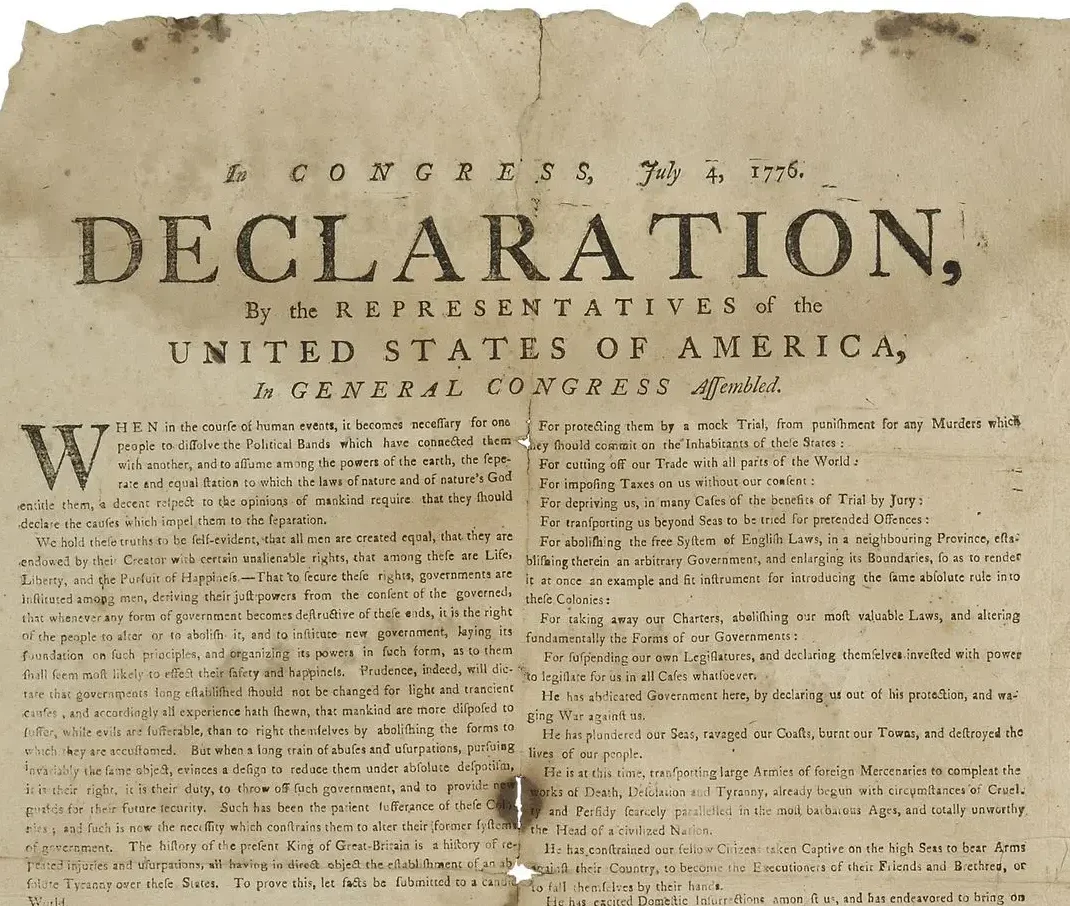
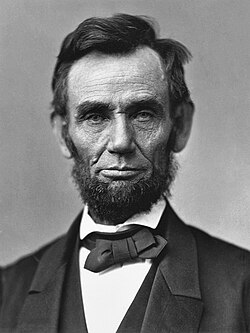
"Two of my favorite things are sitting on my front porch smoking a pipe of sweet hemp, and playing my Hohner harmonica."
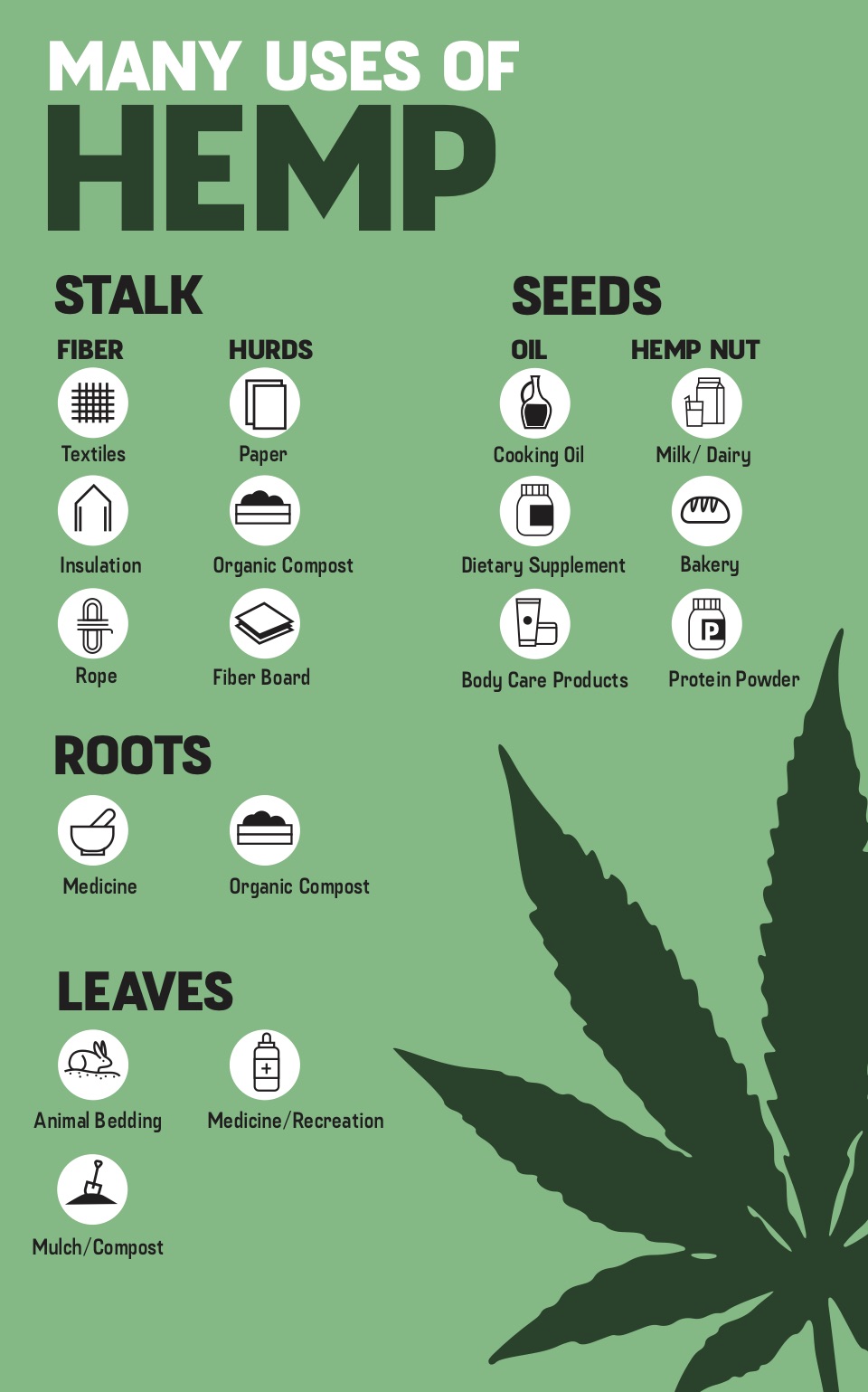
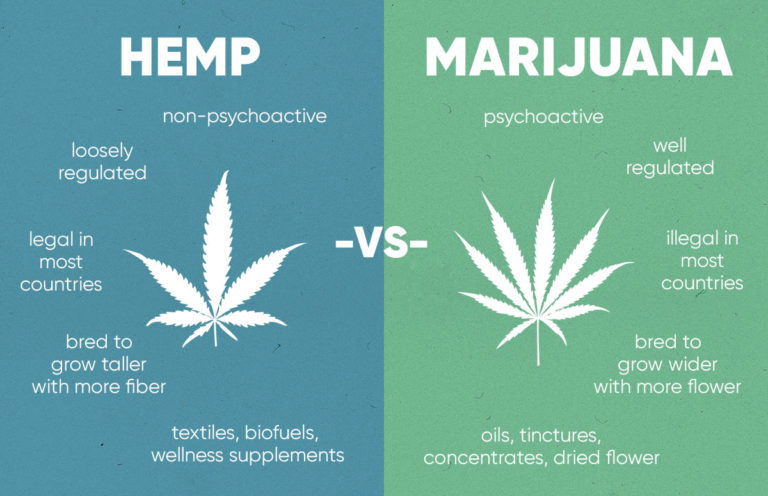
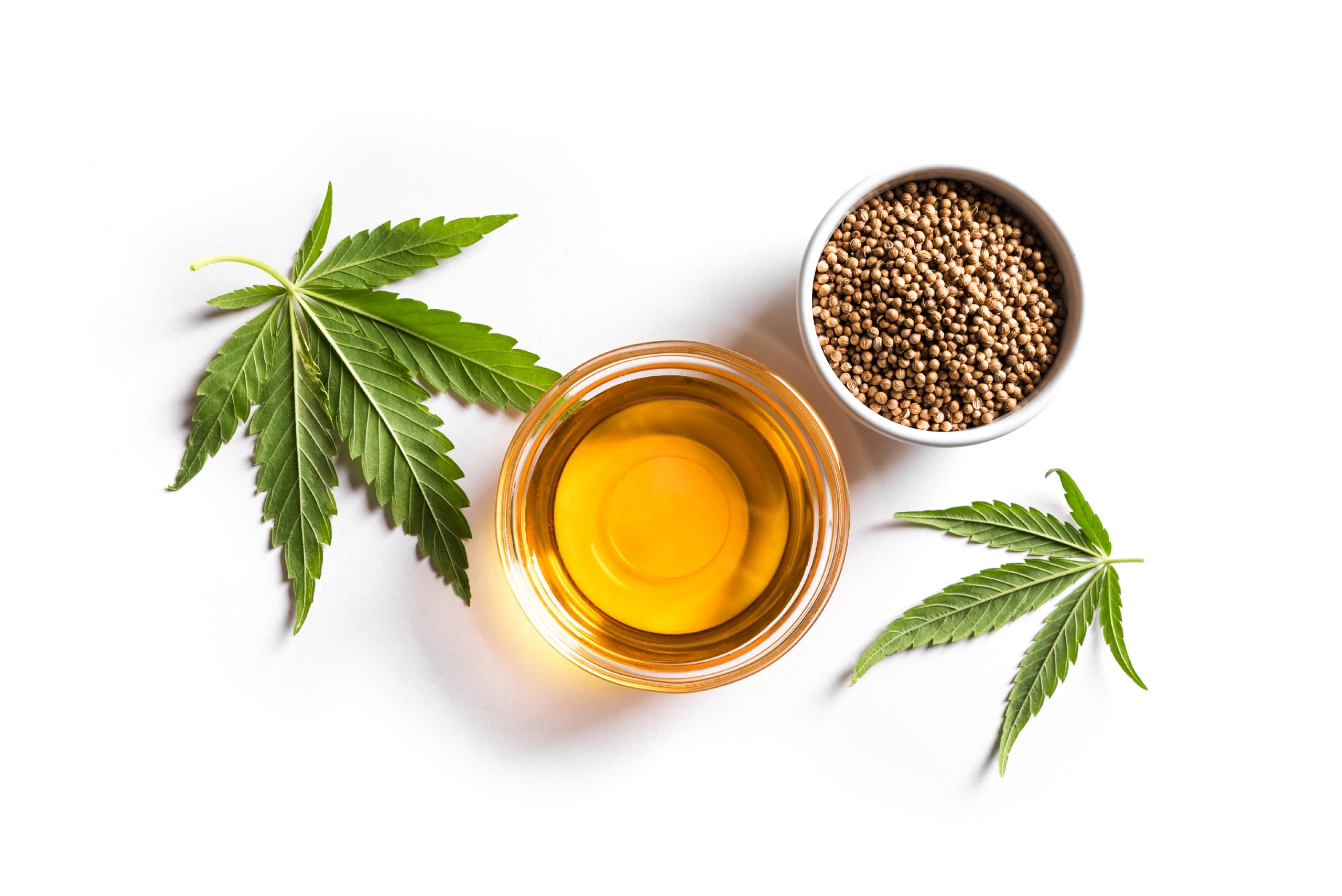
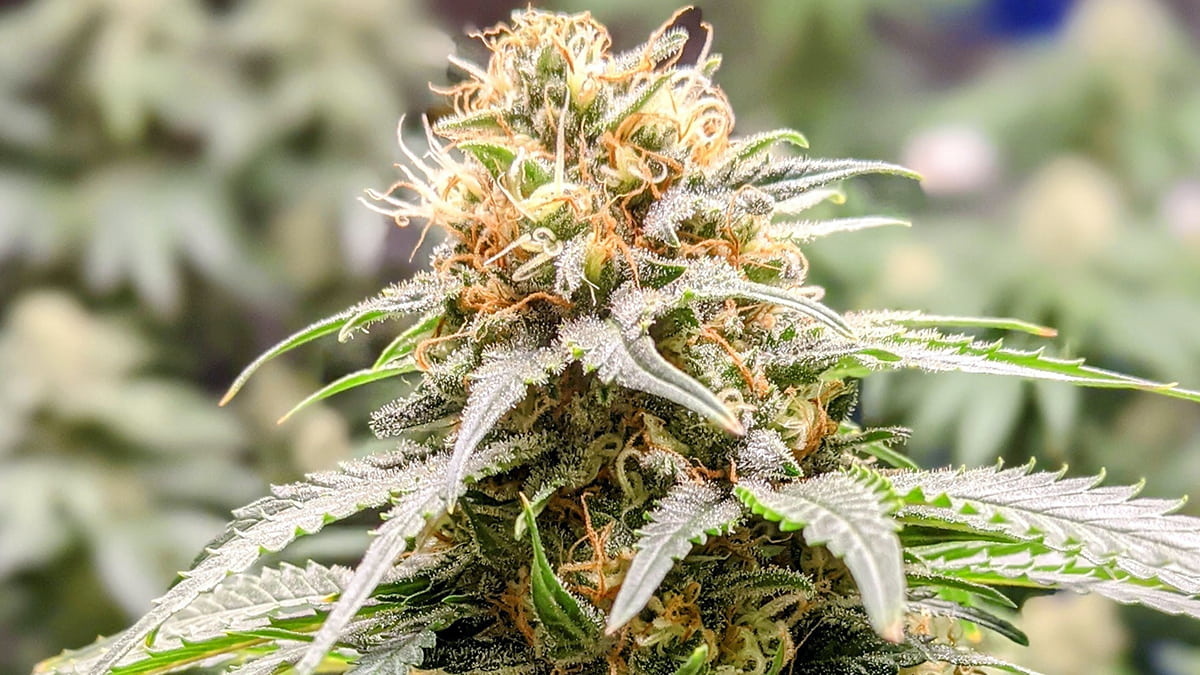
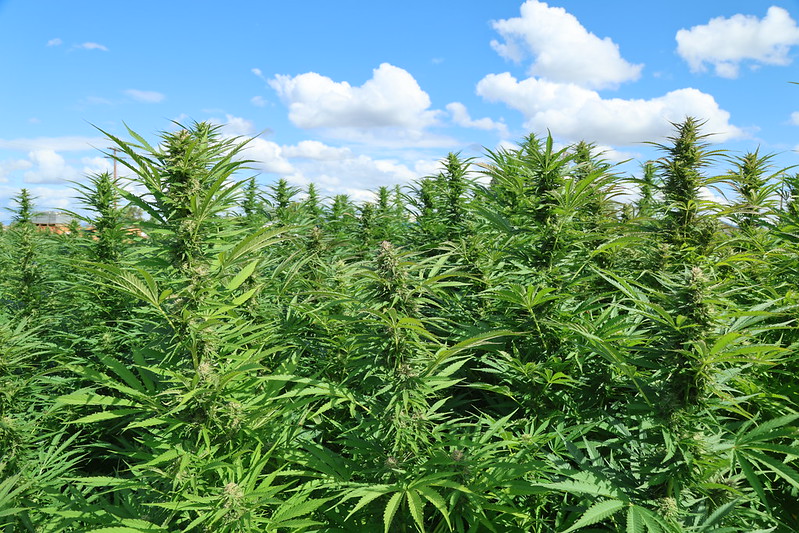
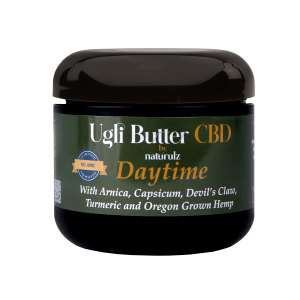
All Products, Back & Neck, Hemp, Legs Knees & Feet, Legs Knees and Feet, Naturulz Hemp, Pain and Arthritis, Stress and Anxiety
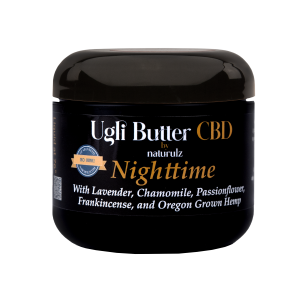
All Products, Back & Neck, Hemp, Naturulz Hemp, Sleep Disorders, Stress and Anxiety
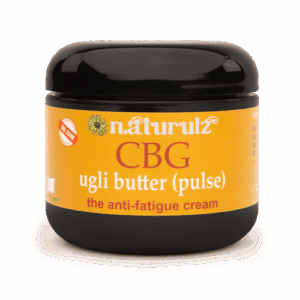
All Products, Back & Neck, Energy, Fatigue, Hemp, Legs Knees & Feet, Naturulz Hemp, Recovery, Stress and Fatigue